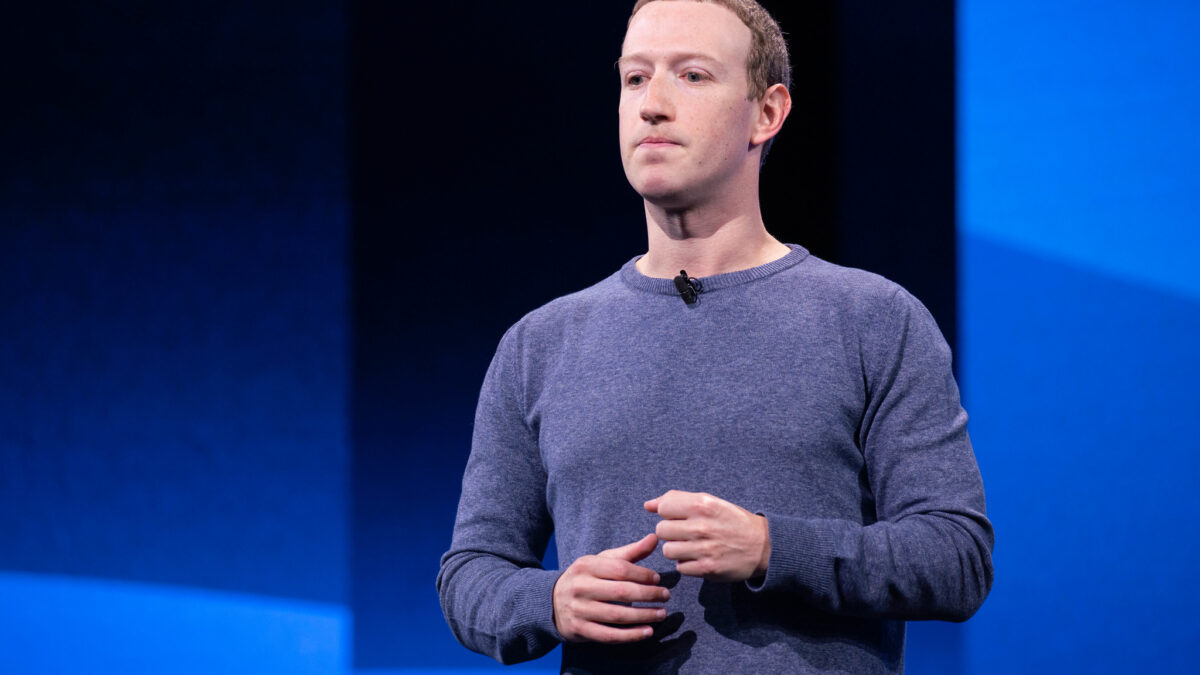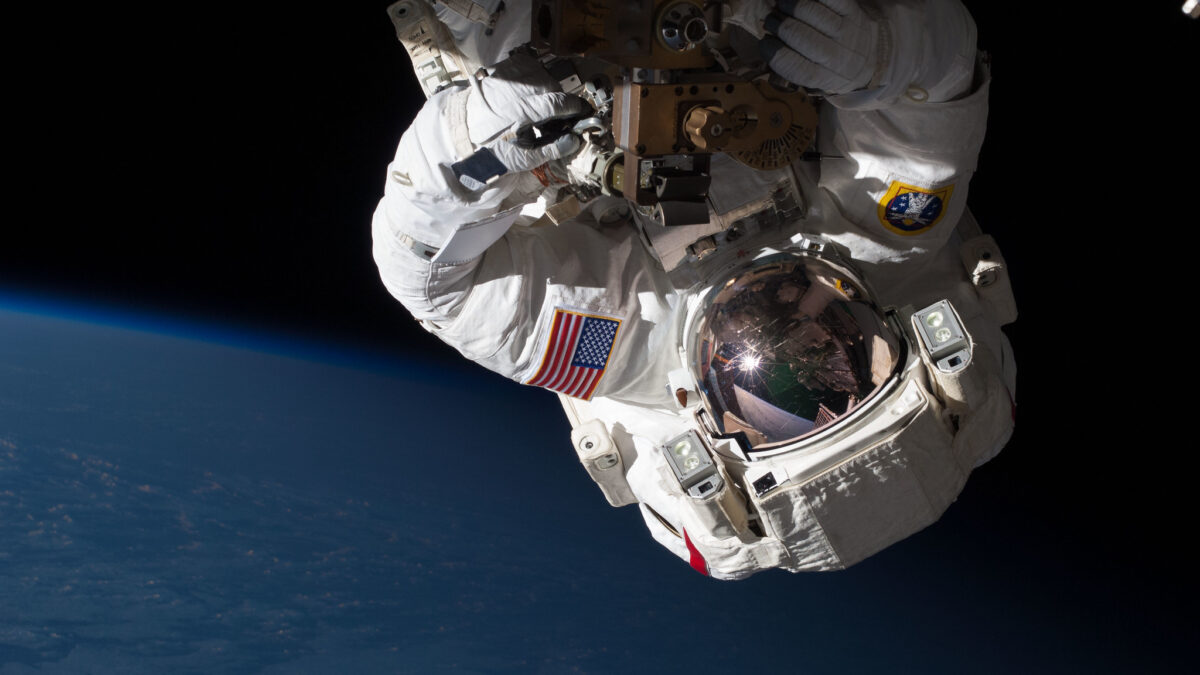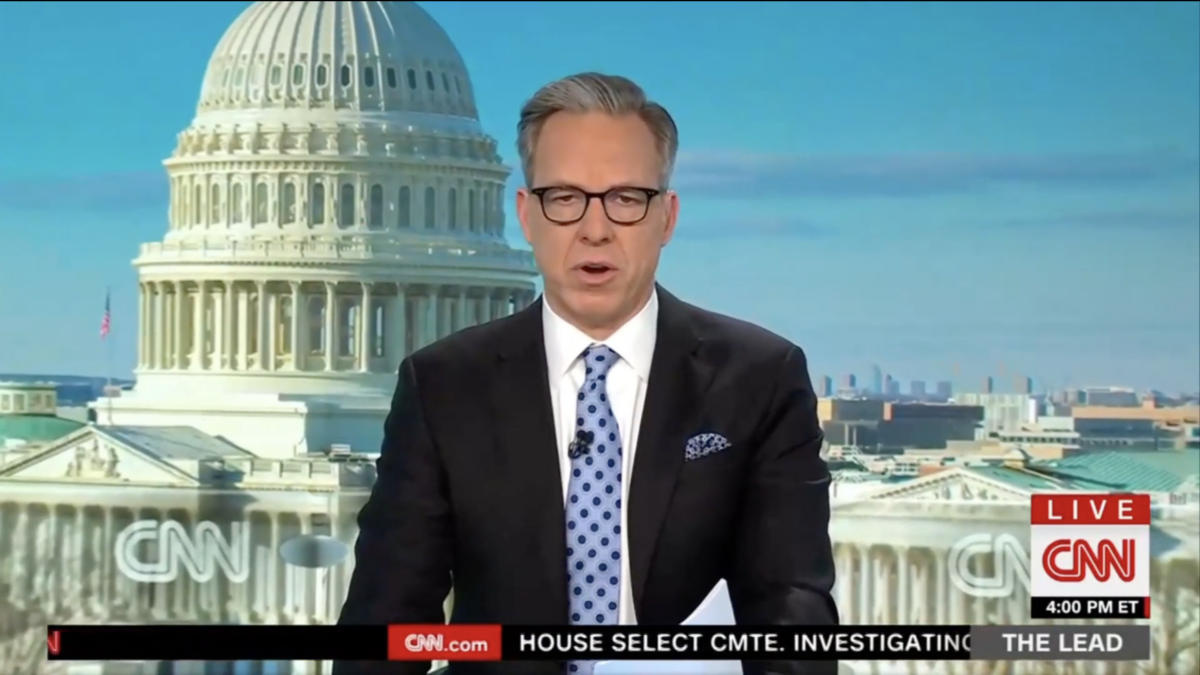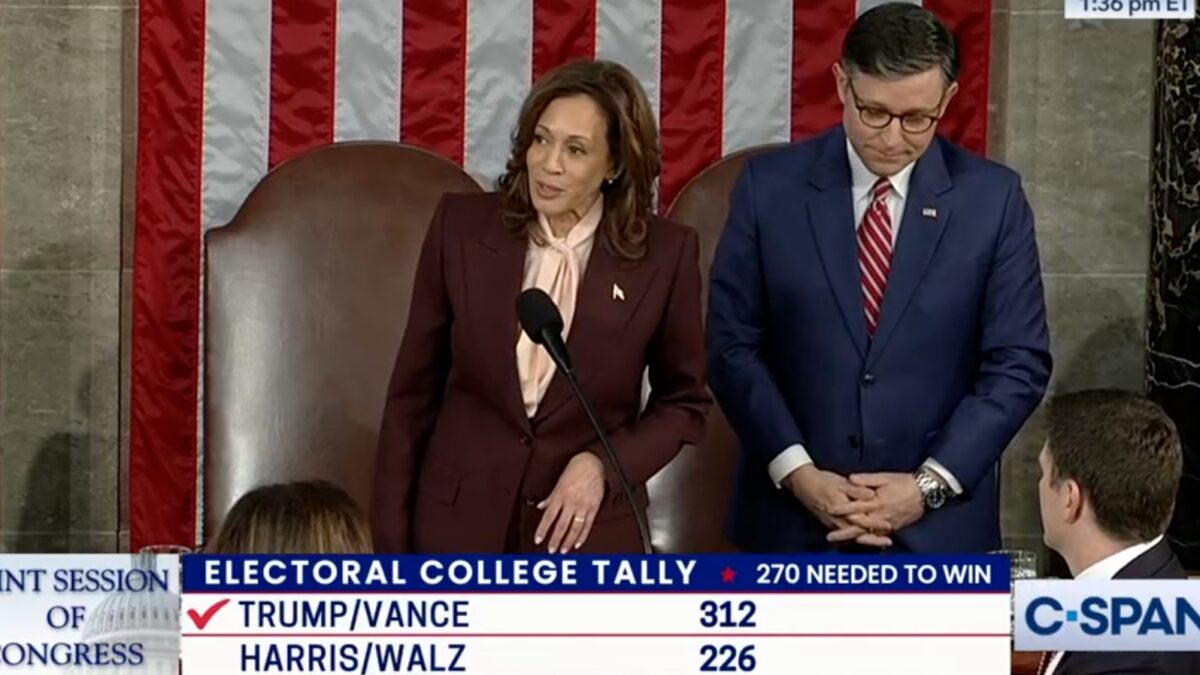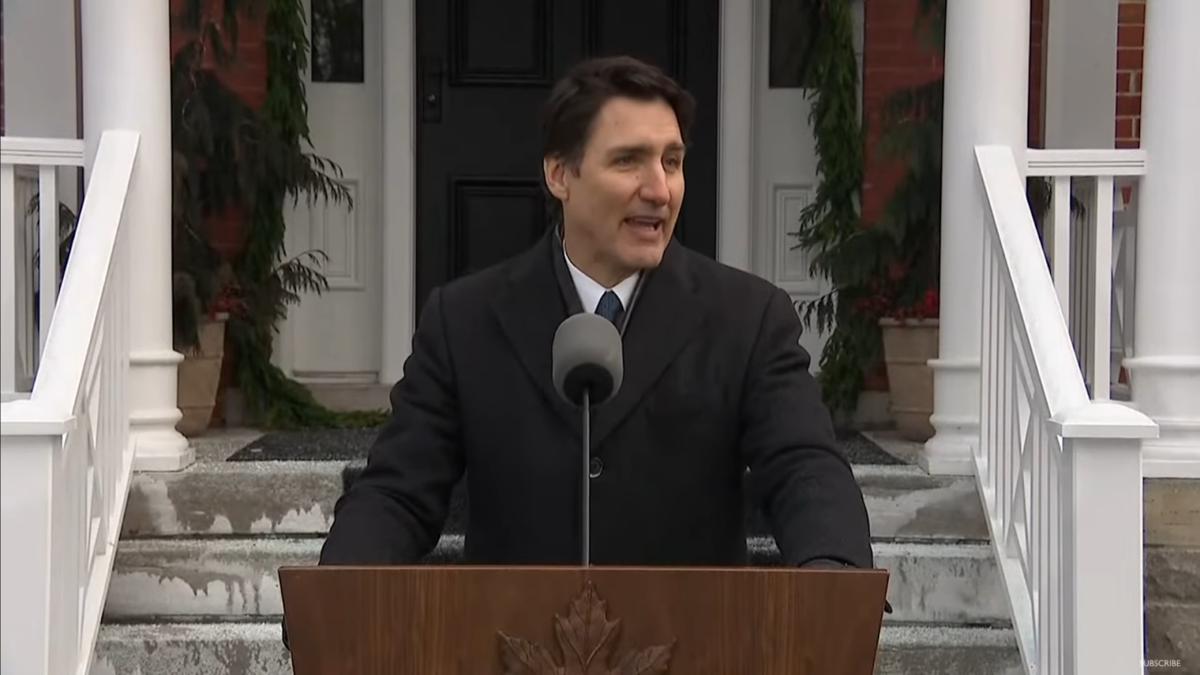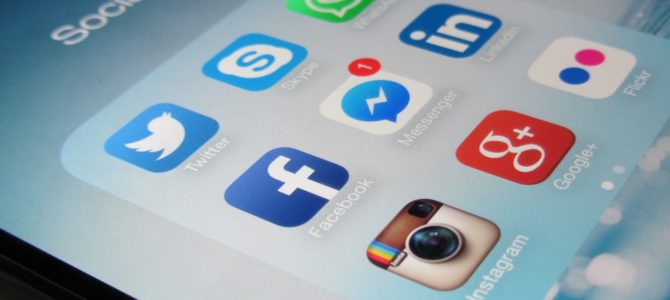
Much of the political anger directed at digital tech today is aimed at social media. On the left, people fret that social media gives bad people big platforms or influence behind the scenes. On the right, social media is blamed for suppressing free speech and coarsening the culture.
A particular fear fuels this anger. Regardless of their partisan bent, critics frequently treat social media as the vanguard of digital life. Almost everyone agrees that no institution today can stop digital tech from dominating our everyday. So the fear has arisen that, increasingly, what happens on social media will control or invade real life. People worry that if social media trends aren’t stopped now, or if social media isn’t stopped, the things that define the social media environment will swallow up our whole lives.
This is certainly a scary story. But is it true? Can it be true, if its core assumption is a mistake? Even very smart critics can reflexively talk as if social media is the ultimate in digital living. Yet today, news keeps rolling in that would make calmer people draw a much different conclusion. Perhaps strangely, the drumbeat of ostensibly “new media” companies “pivoting to video” has become a source of gallows humor about failing startups, rather than a recognized source of knowledge that social media is more old media—specifically, television—than new.
Consider the latest “shocking” development involving BuzzFeed, long hailed and even envied as one of the most digital, meaning social, media companies on Earth. In a staff memo, BuzzFeed News Vice President Shadi Hilton announced that “we’ve decided to move to a production model that is more like our TV projects”—and to move away, the memo made clear, from the company’s podcasts and in-house producers.
Nothing about this should be surprising. For years, journalists and media observers have watched Vice—another A-list social-driven online media company—transform, as quickly as possible, into a television brand focused heavily on its very few high-end TV products. Journalism and editing jobs are on the decline, even though automation isn’t yet to blame. As Steve LeVine of Axios Future recently noted, “the news business as a whole has not landed on a lucrative financial model in the internet age.”
But it’s more than social news that’s collapsing back into television. It’s social as a whole. Twitter and television exist in an abusive but deeply symbiotic relationship. The basic value proposition of Snapchat, Instagram, and Google’s YouTube is that, with them, you can be your own TV channel, and so can everybody else. Rather than destroying the mass medium that defined the pre-digital age, social media has simply democratized it.
Unfortunately for social, more and more people on social media—including those at the top of the audience food chain—are coming to accept the “unthinkable” truth that, at least regarding television, they don’t like democracy very much.
Consider the case of Jerry Holkins, co-founder of the hugely popular Penny Arcade webcomic media enterprise. Writing as his alter ego Tycho Brahe, Holkins recently published a scathing strip depicting YouTube as “a perpetually salivating squid crab” with an insatiable appetite for the unpaid labor of creative stars.
“You’re feeling burned out because you’re light bulbs,” the crab malevolently reveals. “And there are always more light bulbs. You create young, energetic light bulbs with every video you make. We’ll never run out.”
Acknowledging complaints from its beleaguered stars, the crab unveils a newer, better form of toil. “Our new Community Tab is a way to keep in touch with your ravenous fans whenever you aren’t killing yourself uploading videos or livestreaming. You don’t have to use it. But if you don’t, you’ll appear cold and aloof.” Live by the broadcast, die by the broadcast. It’s your “choice.”
That’s not some dark new law handed down by terrifying digital overlords. It’s the same old creed of the TV age, taken to its nightmarishly logical conclusion. Like TV, social media is a platform for ads. Like TV, social media promises entertainment and delivers enervation. Like TV, there are a zillion channels on social media, and all too often, nothing’s on. Also like TV, social media is fundamentally about what Neil Postman said it was about in his 1985 bestseller “Amusing Ourselves to Death.”
To an ordinary person who enjoys a few shows, that sounds like a cruelly harsh verdict. (“Does this mean I have to give up ‘The Great British Baking Show’?”) But you don’t have to throw your big screen out the window to understand why the truth about television is so important to grasp today.
Both social media and traditional television depend at their core on illusion—fantasy and make-believe, dreams and visions. Thanks to the long and traumatizing pre-digital age of world war, mass politics, mind control, and television, we’re accustomed to thinking that illusion and fantasy are at the core of being human.
Digital technology—digital in its content and logic, not just its trappings—has begun to tell us something far different. Instead of mistakenly looking to social media as the epitome of digital tech, we ought to look squarely at social credit.
The rising new system of organization points toward a future where democratized broadcast surrenders supremacy to a ubiquitous and universal library about everyone and everything. There are now some signs that the smart social masters grasp this. Consider Mark Zuckerberg’s moves to make Facebook first and foremost about finance and identity, not about viewing, choosing, and sharing opinions. The fork in the road is clear.
People will respond to the truth about the logic of digital tech in different ways. But the democratization of television has already done the opposite of what its wizards imagined. All by itself, it has gone a long way toward disenchanting our democratic dreams.
Television clearly dies hard. But if you don’t want to be lost in the new, onrushing world, you’d be well advised to recognize that today’s social media already belongs to a nearly bygone era.



